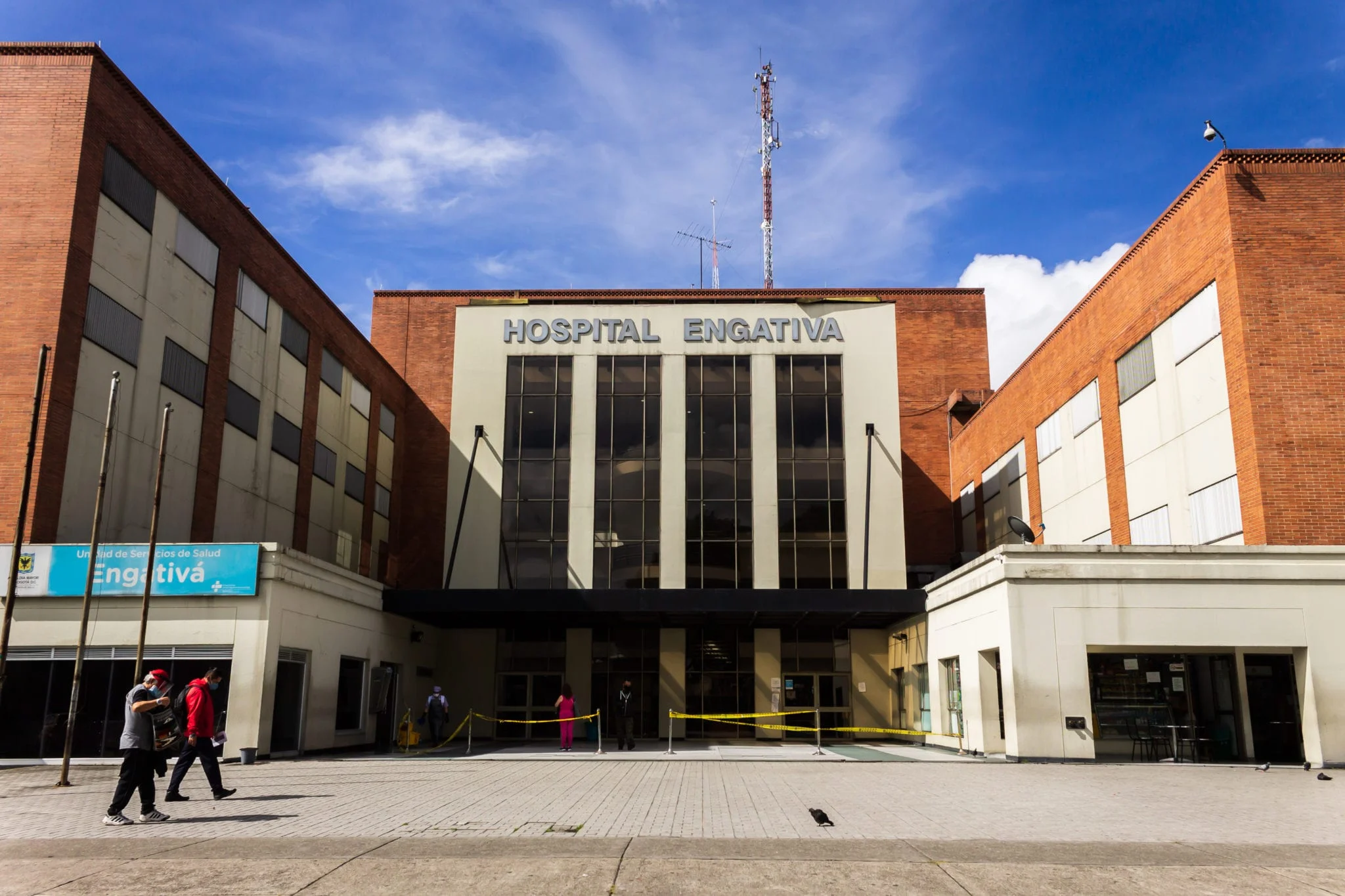Colombian President Gustavo Petro’s plan to enhance state control in healthcare is currently stalled in Congress.
In response, his administration is seeking other ways to strengthen state influence. This move has sparked concern among the country’s major private health insurers.
They assert that the government’s funding is insufficient and it has not cleared existing debts.
This situation has caused a loss of nearly $2.2 billion for these insurers. On the other hand, the government claims it’s fulfilling its financial duties.
Healthcare consultant Ramón Abel Castaño warns of a possible system collapse. This issue could push patients toward public healthcare.
Castaño believes that the government might deliberately allow this collapse if Congress rejects Petro’s healthcare law.
In July, Health Promoting Entities (EPS) expressed their financial hardships.

EPS Sanitas, EPS Sura, and Compensar, which cover a large part of the healthcare system, alerted about their survival threats.
Health Minister Guillermo Alfonso Jaramillo counters these claims. He says the government has made all necessary payments.
He also doubts the adequacy of the payments. Jaramillo has not addressed further inquiries.
Petro’s healthcare plan is part of a wider initiative to transform Colombia’s economic model to one with more government involvement.
Ana María Vesga from ACEMI points out that private entities currently provide most medical services.
She believes the government aims to take more direct control of healthcare resources.
Former Minister Alejandro Gaviria has criticized Petro’s approach as an attack on capitalism.
Petro, elected in 2022, promised significant change. He has linked capitalism to climate change challenges at the United Nations.
Despite skepticism about his reforms, they could still significantly impact the nation.
Near-universal coverage
Colombia’s healthcare system, known for its near-universal coverage, may face instability due to Petro’s policies.
Andrés Vecino from Johns Hopkins University notes contrasting methods in countries like the UK and Canada, where private sector integration is being considered to address healthcare challenges.
Petro met with former President Álvaro Uribe to discuss his health bill.
Despite Uribe’s party opposing the bill, there’s agreement on improving healthcare in remote areas, preventive services, and healthcare workers’ wages.
Rising healthcare costs, due to technological advancements and an aging population, are pressuring the system.
Experts like Castaño and Gaviria emphasize the need for sustainable financial practices in healthcare.
The increasing costs and demand have led to the bankruptcy of several EPS in the past decade.
Castaño highlights the severe human cost that a potential system collapse could entail.

